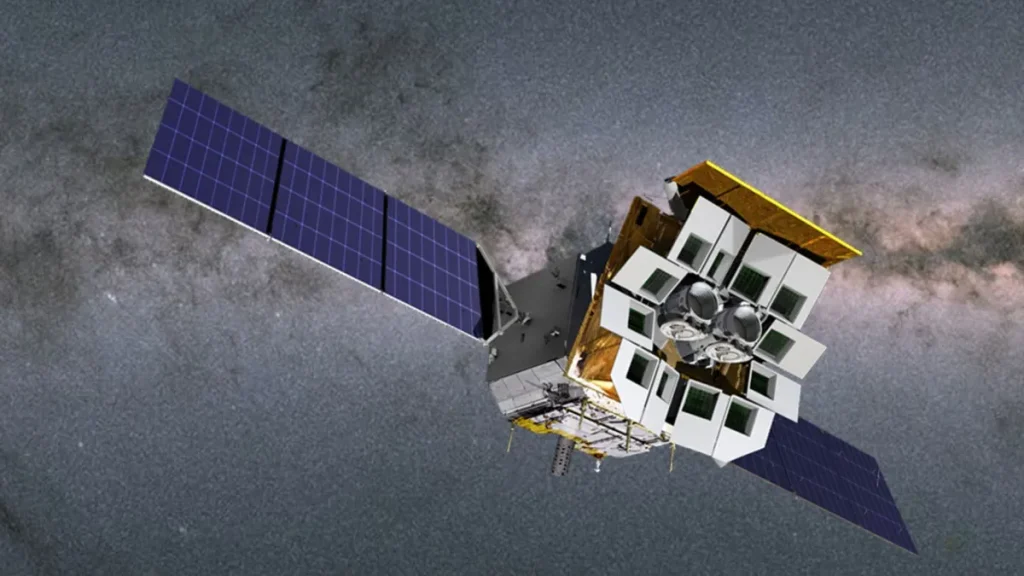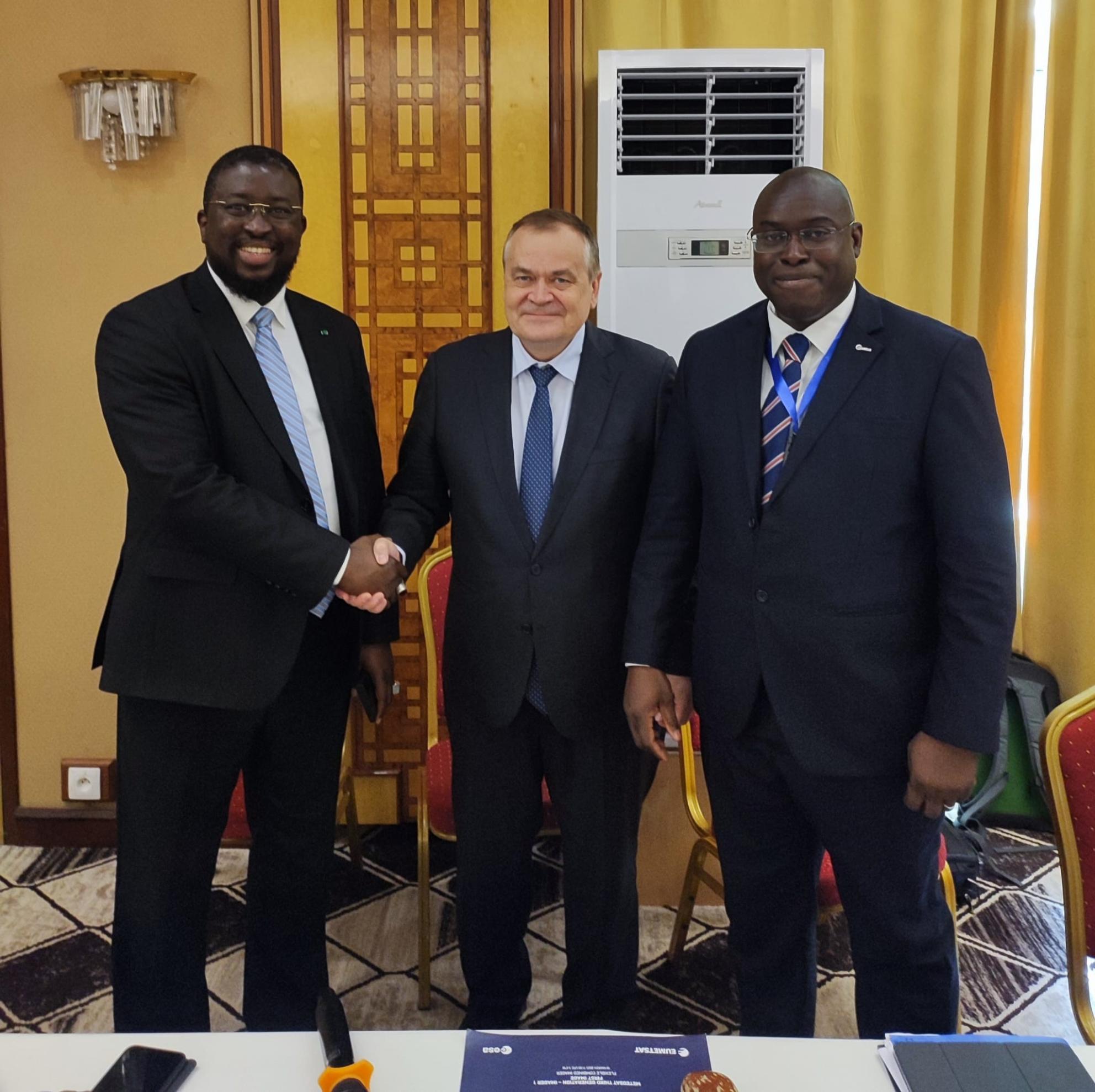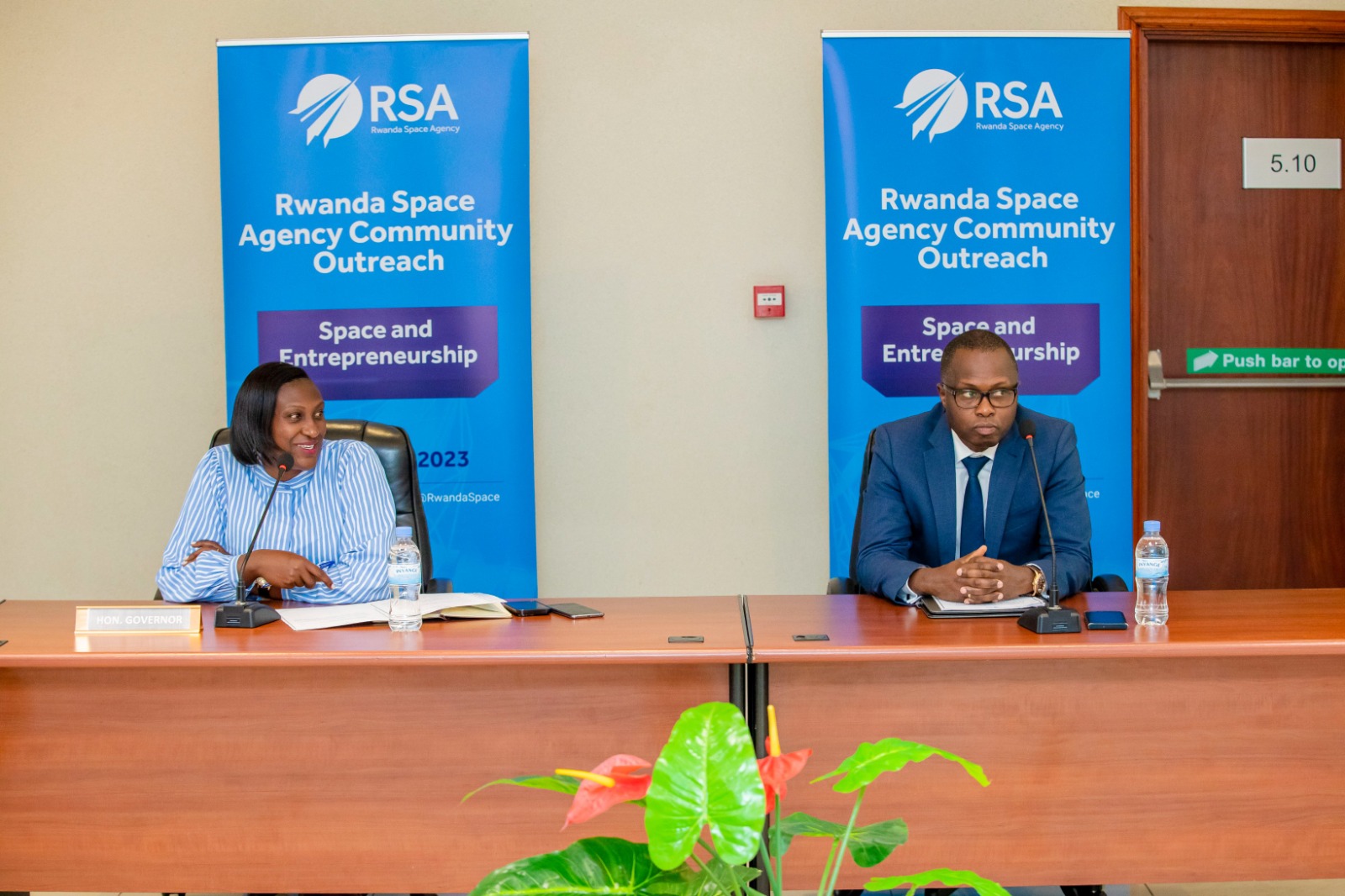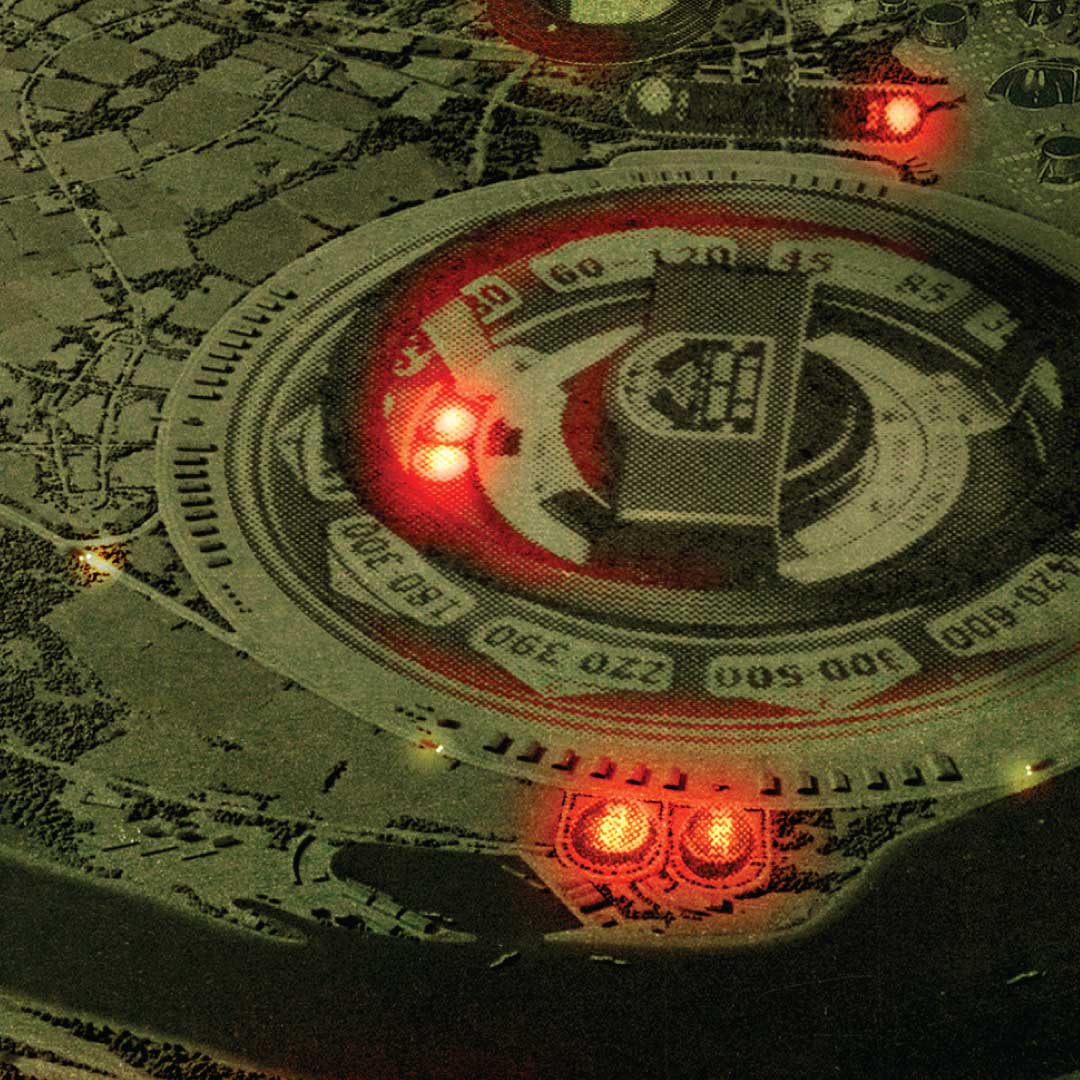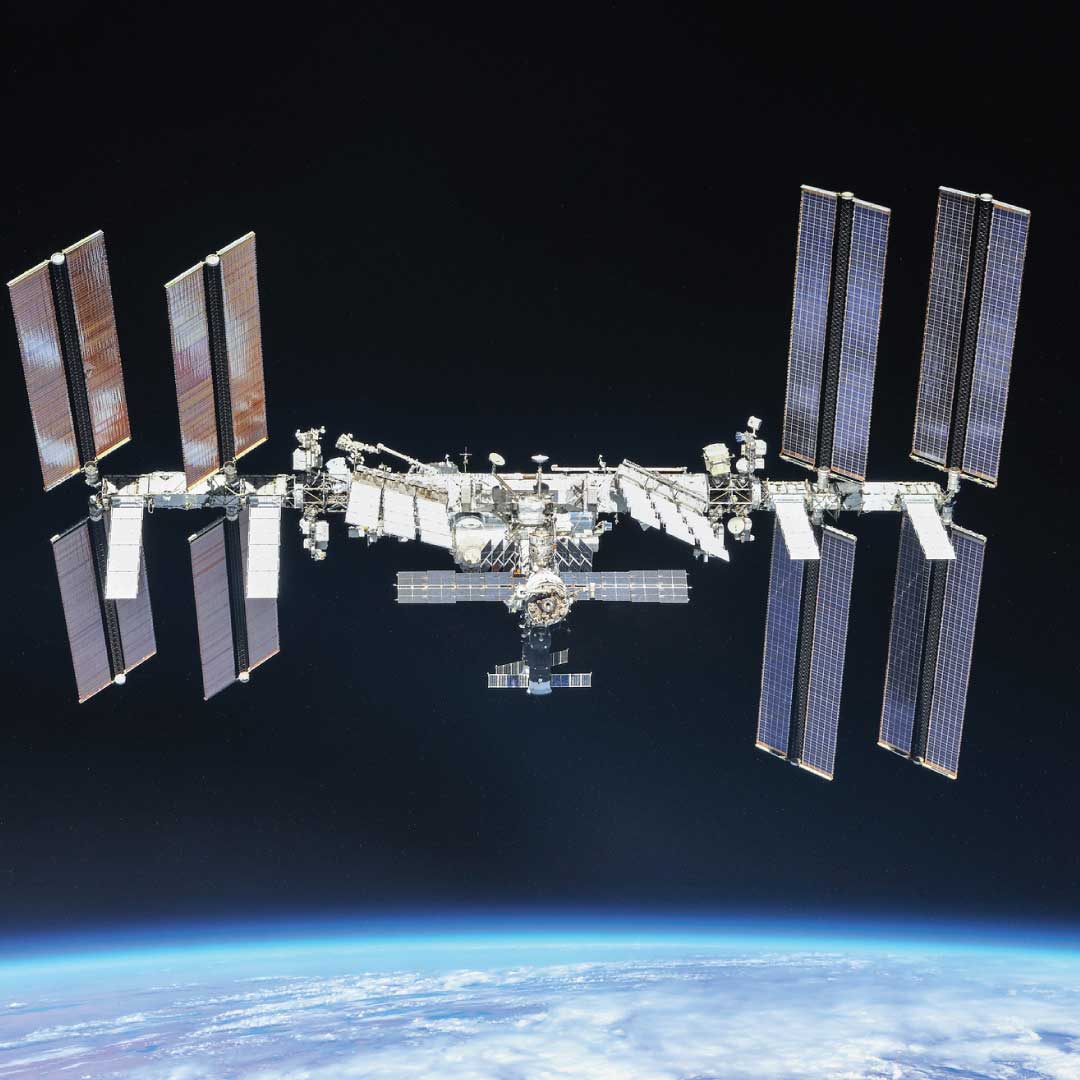Earth and Space
As an intelligent species with a population of 7.9 billion as of January 2022, the need to establish globally effective means of communication is what fueled the launching of the first satellite into space.
Satellite communication is the use of man-made earth satellites as relay stations to transmit radio waves, so as to achieve communication between two or more earth stations.
The Sputnik 1 spacecraft was the first artificial satellite successfully placed in orbit around the Earth and was launched from Baikonur Cosmodrome at Tyuratam (370 km southwest of the small town of Baikonur) in Kazakhstan, then part of the former Soviet Union.
According to the records maintained by the United Nations Office for Outer Space Affairs, 11,139 satellites have been launched into space from Earth.
The record also shows that 7,389 satellites are still in Space, while the rest have either been burnt up in the atmosphere or have returned to Earth in form of debris (an example is the Chinese Long March 5C rocket, which dived into the Indian Ocean).
At the end of 2021 there were 7,389 individual satellites in Space; an increase of 27.97% compared to 2020.
The top 10 entities which are dominating the satellite industry are USA, China, Russia, UK, Japan, India, European Space Agency, Canada, Germany and Luxembourgh.
Africa Space Program Yesterday, Today, and Tomorrow

In Africa, 44 satellites have been launched into space since 1998 till date.
These include nanosatellites, such as the CubeSat – which are smaller, lighter, and easier to design.
Nile Sat 101 was the very first satellite to go into space in Africa. It was made by Italy for Egypt and was launched by an Ariane rocket from the French station Kourou in French Guiana.
South Africa followed in 1999 with the launch of Sunsat. It is worthy of note that African governments spent $490m on space programmes in 2020, as against $250m spent in 2019.
“In the hours after Hurricane Katrina slammed into America in 2005, destroying large parts of New Orleans, the people co-ordinating the disaster response urgently needed satellite pictures to show them what they were facing. The first images to come in were not from the constellations launched by nasa or the space agencies of other rich countries. They were beamed to Earth by a small Nigerian spacecraft that had been launched from Russia just two years earlier.”
The report above from The Economist, June 19, 2021 Issue, is proof that Africa really is in the race to conquer space not as spectators but actively.
Africa Space Policy

One of the principal goals of the Africa space policy stands on developing space-derived products and services used for decision-making and addressing economic, political, social, and environmental challenges.
Another goal of the Africa space policy involves creating An indigenous space capability, in both the private and the public sectors, for a coordinated, effective and innovative African-led space program.
Image Credit: Space in Africa
A 2021 report by the World Economic Forum estimates that data collected from space could unlock $2 billion a year for the benefit of Africa.
What The Future Holds For Space Technology In Africa
Since developing countries have severe resource constraints which have been aggravated by the global recession and the Covid-19 pandemic, the future of Africa’s space program clearly needs to involve bilateral and multilateral partnerships,
South Africa has negotiated with Algeria, Kenya, and Nigeria, the African Resource Management constellation, to pool imagery and other remote sensing data from all their microsats.
Although some African governments argue that they have more pressing matters of survival and economic development to focus on, research on data analytics and data storage is ongoing and Africa anticipates the launch of 20 more satellites as these projects are underway.
African Nations recognize that satellite is a valuable tool that is not only used in meteorology, telecommunications, education and technology, navigation, and natural resource management, but also for economic development, military surveillance, and espionage.
Africa’s race to conquer space with the rest of the world fits right into Africa’s development agenda, Agenda 2063 – “The Africa We Want”, as proposed by African Union. The goal of Agenda 2063 is to transform Africa into the powerhouse of the future and improved satellite communication is sure to take her there.
